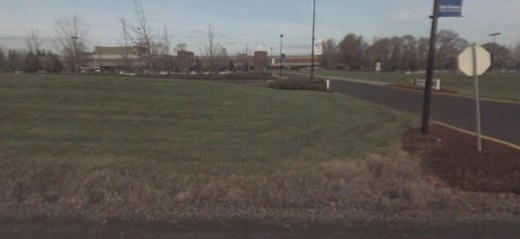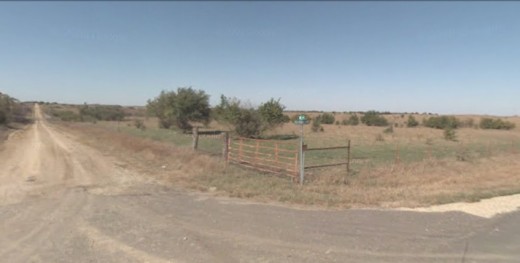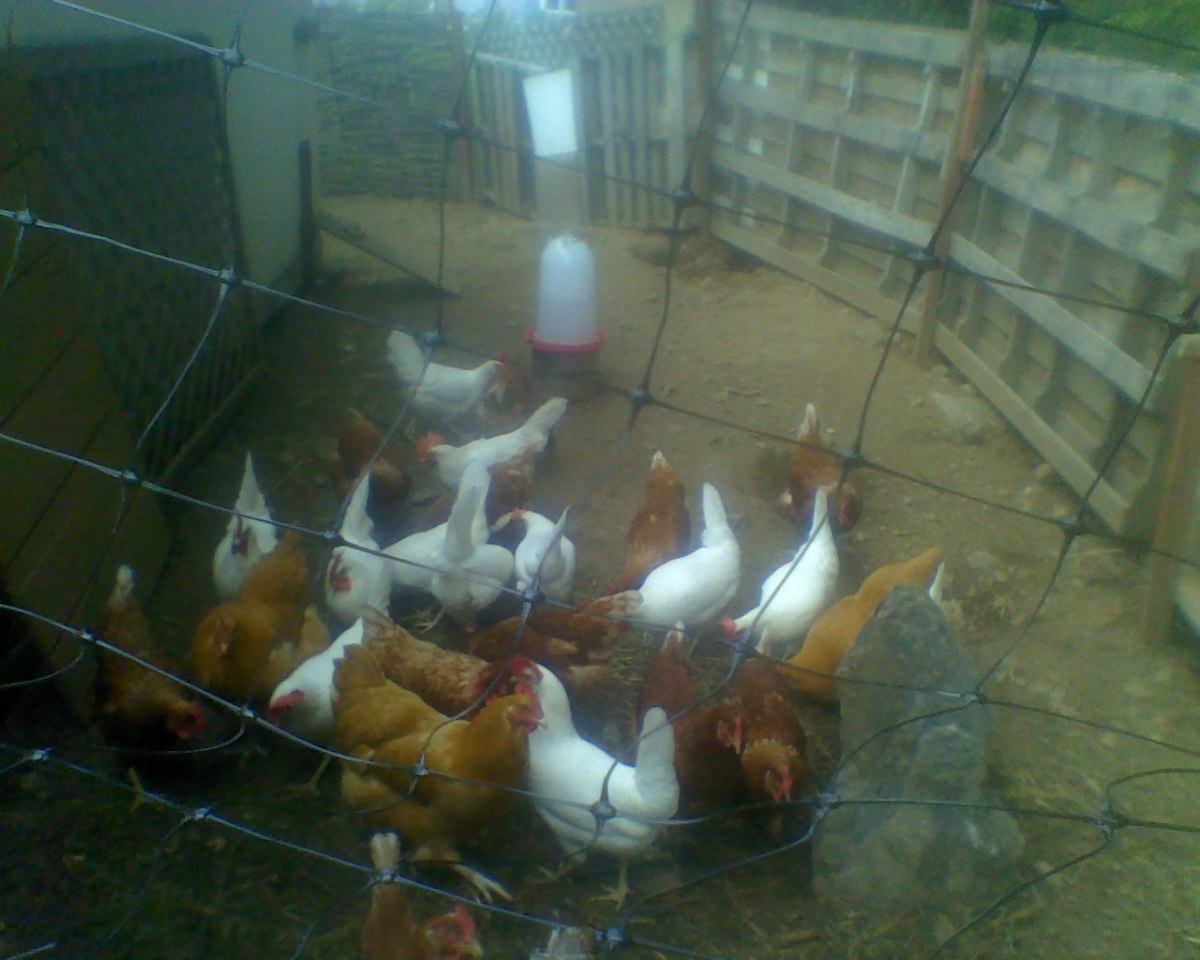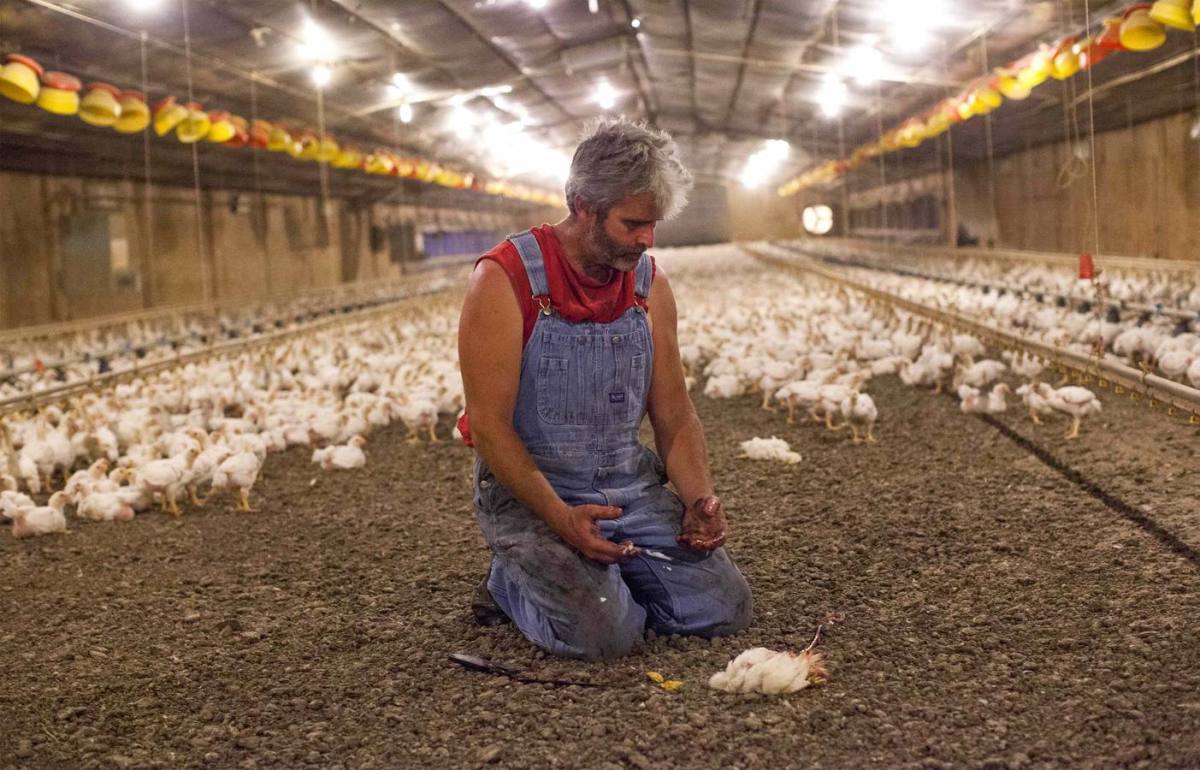Facebook and Getting Beyond Your Raising
Recession 2008
There's no question the last few years have been tough. A lot of people have lost their jobs, and I am one of them. I was laid off twice in 2008 within a three month period, and after the second time, took the opportunity for some education as the job market seemed to have dried up.
I looked at several different options, and decided on an accelerated program that would get me back out into the work force or at least "job ready" in a relatively short time. The program required the normal prerequisites and wouldn't start for six months, so I became a full time student.
Things went better than I thought they would and I was satisfied with the grades I was making. I studied some Math, Business, Supervision, and Medical Terminology. Second term I added some computer classes in Microsoft programs, just for kicks I took a reading course, because it sounded fun. My entrance exams put me at a higher level than this class was but it was nearby, and like I say, it sounded like fun. Afterwards I was, glad because I actually enjoyed it quite a lot and learned there was another dimension to reading, and writing that I had never explored. It was light subject matter, instead of heavier stuff such as Homer's Odyssey, or Dante's Inferno, and featured a number of writers, of varying fame, writing about life as they had experienced it.
LBCC Site of my re-education

"Joining the Conversation"
The primary text book for the class was an anthology, a collection of short stories, or single chapters from longer works selected for reasons unknown to me, but probably due to the writing form, or studies that could be done with them. Several different writers were showcased there, including Maya Angleou, Frank McCourt, and Amy Tan. There were others too, some famous, some not so famous, and some I had never heard of. One of latter was Rick Bragg, who wrote a book called All Over but the Shoutin', which included a chapter titled "Getting Above Your Raising." I "borrowed" a slight variation of this chapter title for part of the name of this hub since what he wrote resonated with me.
Mr. Bragg wrote of his early teen years, growing up poor, and a hard working mother who did her best to provide after his father had abandoned the family. As an introduction to his work states in the book, "Bragg confronts the reality of social class distinctions in America." Being a poor person among others who weren't poor made for a difficult childhood for him, but he persevered and won. So he was able to "get above his raising."
I was able to relate to his story, because I lost my father at the age of ten.
Rural Morris County

Kansas Farm Country
I was born in Kansas, and it along with Oklahoma, Nebraska and others surrounding them are flyover states. Few people go to these states as a final destination. Most of the time those from elsewhere who wind up there do so while on their way to somewhere else. I can understand this having made the drive from points farther East and now living in the West. The central plains opens up to little more than open country enclosed by a dome of blue sky. Traversing this area, there is little to break up the horizon beyond the next windbreak line of trees or the grain elevator in the next town. But it's far from being un-scenic. The openness and lack of attractions are the reasons it's call flyover country, along with the relatively low population density. Rural Kansas is like that. For example, Chase County in the east central part of the state has a density of four people per square mile, and that's including the hand full of towns that dot the prairie between the county's borders.
I grew up in Morris County just to the north of Chase County. Council Grove is the county seat, and it dates back to the early nineteenth century. Many of the original settlers raised families whose decendants still live there and a lot of people are either directly related, or related by marriage. It may be different now but at one time this resulted in closed communities in some places and an indifference to outsiders. People who moved in sometimes had difficulty becoming accepted, and there were small pockets and communities that consisted primarily of one ethnic group or another such as Swedes, Germans, or English.
Now Kansas is an agricultural state. Farming and agri-business, or petroleum make up the vast majority of the economy even in the larger cities, such as Topeka and Wichita. My parents owned and operated a farm and I was raised on it. The average size of a farm back then was around a section, or 640 acres, but there were some larger and some smaller. Farm size sometimes was a factor in determining social status because that related directly to a family's net worth, but family name was the most important. Oddly, the kind of house they had was lower on the list, but ranking could be changes significantly just based on who one's relatives were. For example, a struggling family on a rocky chunk of ground could be ranked as high as a wealthy one if they were well connected, and the wealthy family were unrelated to anyone. It seems bigoted, and it was but it could still be seen in the way children were treated at school, and how local businessmen related to shoppers. I can remember being in stores with a group of friends and having a store clerk follow us around wordlessly until we left for fear someone might steal something.
From Riches to Rags
Growing up, I didn't know we were poor. I didn't know our neighbors were poor either. Neither did they. Farming during the mid part of the twentieth century was a different way of life than it is currently. Most if not all farmers then raised a garden in addition to crops. Many also had a flock of chickens, and diversified their operations with milk cows and maybe a few hogs in addition to beef herds. They taught us in school, that these were called "general farmers" and most of the locals fell into this group. The advantage here was my parents had several sources of income. (In today's world, this is called "multiple streams.") For example, my dad raised cattle for beef, and was able to sell live animals as needed or when the price was good. He also raised wheat as most people around there did, and sold that in the same way. He minimized expenses by raising most or all of the feed the cattle needed, and fed the rest to hogs or chickens. The chickens provided eggs to sell plus as many as we needed, and the same story with the milk cows. This plus the garden he planted every year, meant my parents spent very little on groceries. Usually, what money came in from selling eggs every week was sufficient to buy whatever was needed since he raised his own beef, pork, chickens, and milk. And most of our neighbors did the same.
For my family, though, things changed dramatically when I was ten years old and lost my father. He became ill right around the time of my tenth birthday and doctors could not find a cause. Within a few weeks, he went from full strength to being wheelchair bound and declining. He was moved from hospital to hospital, finally arriving at the one closest to home without hope of recovery. Shortly afterward, he died, leaving my mother to raise six children by herself. The oldest, my brother was fifteen, and the youngest about eighteen months. No matter how hard one tries in a situation like that, keeping a farm up is impossible.
Social Fall
It was difficult as a young boy to be told your dad wasn't coming back home, and you would never be able to see him again. But it was even more difficult to accept the social change that went along with it. Suddenly, my mother was a widow. Suddenly she had no husband. Women who still did have husbands became defensive, over something they perceived to be a potential threat to their security. Longtime family friends became more distant, seen less often, and displayed more formal behavior when seen. And unlike many in the community, my families roots weren't as deep. My mother had been an "outsider" and her family was miles away. My dad's parents had previously passed away, and his two brothers left the area as the depression years left them with little prospect of making a living. We weren't totally shunned, but we were somewhat avoided. Even on the childhood level, I couldn't go to school without feeling somewhat diminished. In spite of this I had friends, and good ones at that.
For these reasons, I can relate to Rick Bragg's account. Without my dad did, we had less money than before. When the television antenna failed, we couldn't afford to have it replaced, and we were reduced from six TV stations to one. I couldn't watch the same programs my friends were hysterical about, and was only a listener during those conversations. Clothing was recycled between siblings, and we no longer planted a garden. We held onto the farm with just enough income to make the payment and taxes, and grew up on my dad's social security. Eventually, when the younger kids became older, my mom went to work.
Beyond My Raising
Eventually, all of us grew up, and my brother was drafted and sent to Viet Nam. He came home safe, and started a new life with his wife.My sisters one by one married and started families. I graduated high school, and decided not to go to college. Instead I launched out on my own life. Eventually married, my wife and I started our own family and raised three children. My mother lived beyond my dad for an additional thirty-seven years before passing away herself. As adults and with little to hold us down, my spouse and I moved to our current location and continue our lives watching as children and grand children take their places in life. They will learn as I did that it if full of peaks, valleys and occasional planes. Today, looking back, I see that life as a teen and pre-teen has faded into memory.
The Irony of Facebook
Until Myspace became popular and well known, social networks were rare. Then Matt Zuckerman struck gold with Facebook and the world has become a smaller place. I have a Facebook page, but really do very little with it. Sometime back an old ghost from my childhood, someone who knew me during those days where I can connect with Rick Bragg, found me and sent a friend request. It appears that over the years he has done quite well. It appears that a lot of the folks I knew in my younger days are doing well also. Sometimes I wonder how I would stack up by comparison. Most or many of them have held good jobs and made good careers of what they chose as their life's work. For myself, I found I had trouble taking root, and grew bored with jobs when they became too repetitive. As a consequence, many of my former friends are probably looking a a comfortable retirement, while it appears I may have to work a while longer. So now I discover the irony behind sites such as Facebook. The world is certainly smaller than it used to be since sites like this have become popular. I became curious and dug out an old high school year book a little earlier today, and thumbed through it. It was the year I graduated, and I realized I haven't seen anyone in that book for nearly thirty years and most of them closer to forty. Some of them I didn't recognize by the picture alone, and couldn't remember them when I did read the name. Still I was able to pick out a few that I know excelled in life. Three of them became doctors, and one that I know of is a pharmacist. Some joined the military while others have simply worked since the day they graduated. I'm sure there are a few who didn't make their full potential so in that respect I guess I have some company. But I find myself in the position of wishing I had made some better decisions, and knowing if I had it to do over again, I would do it differently.
Rick Bragg can honestly say that he got over his raising, and I have as well. But when I look back, and realize that for his success, he bought a home for his mother that she can be proud of, then I can say he also got beyond his raising. And from where I am today it appears he's farther beyond his than I am my own.








